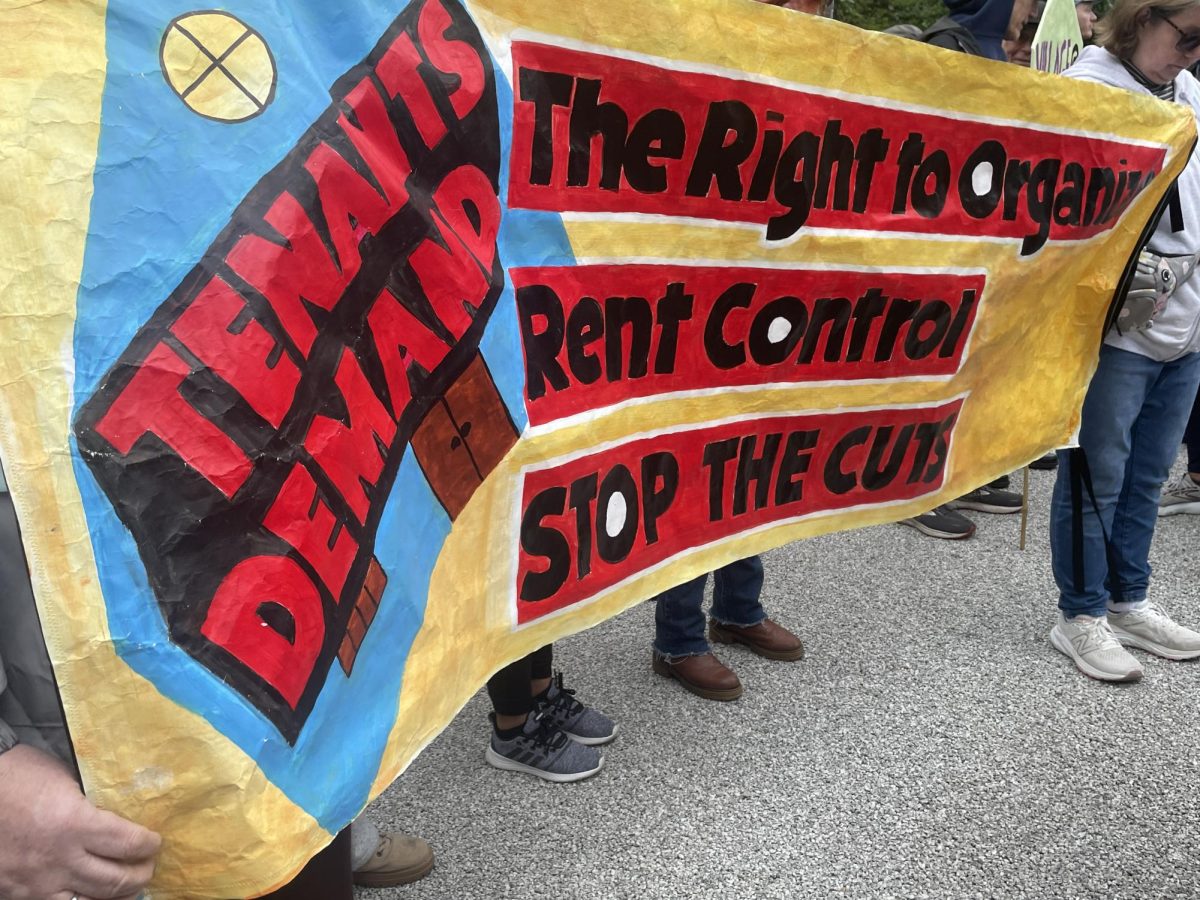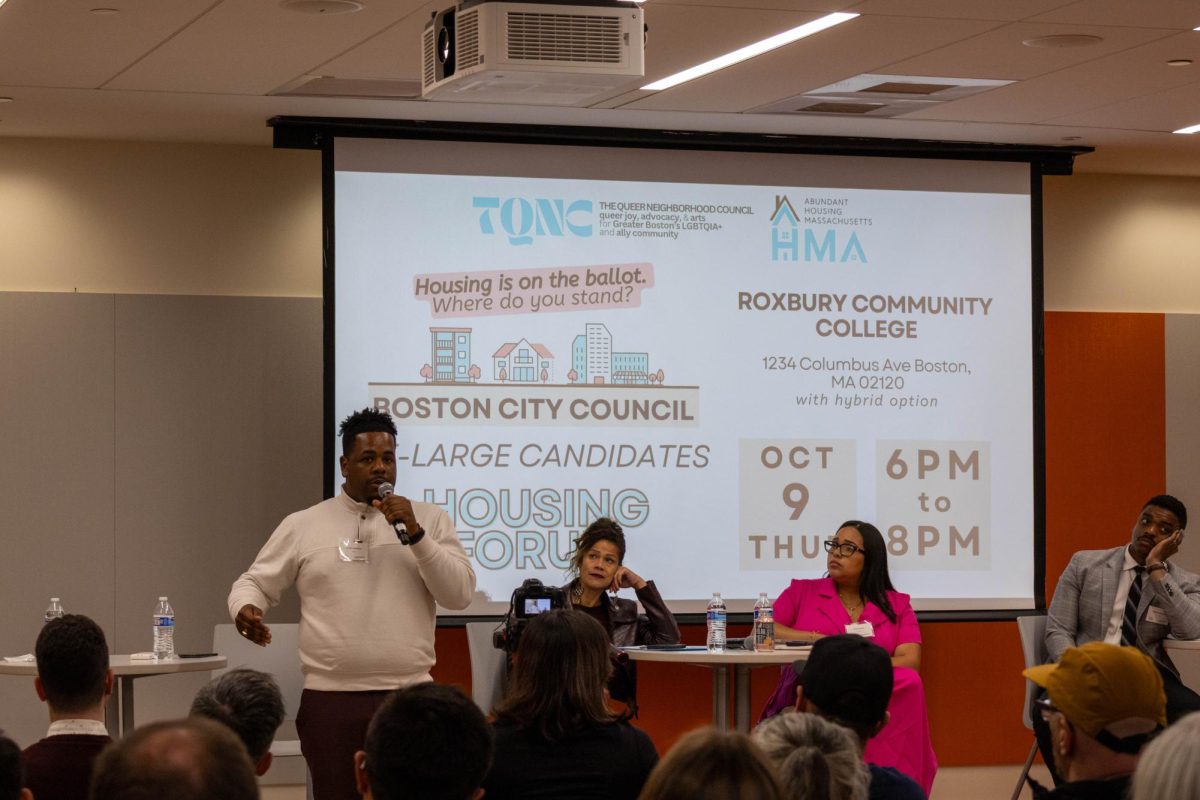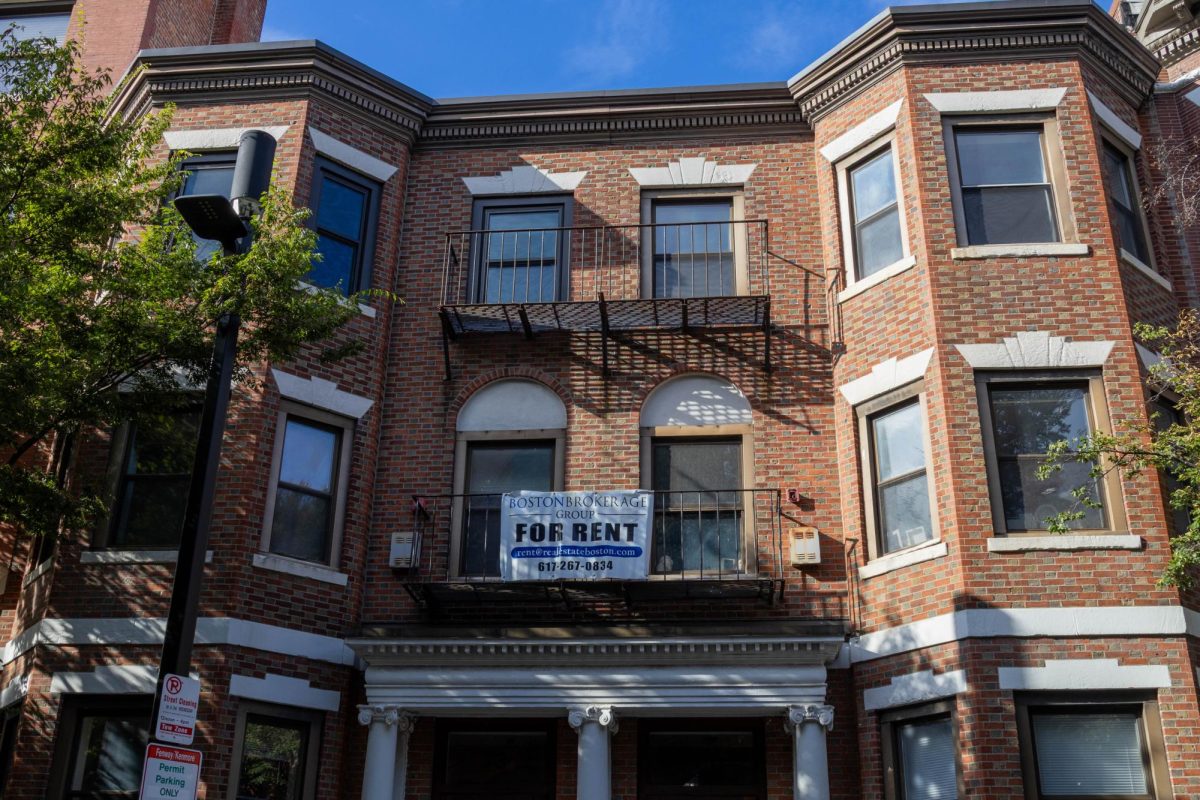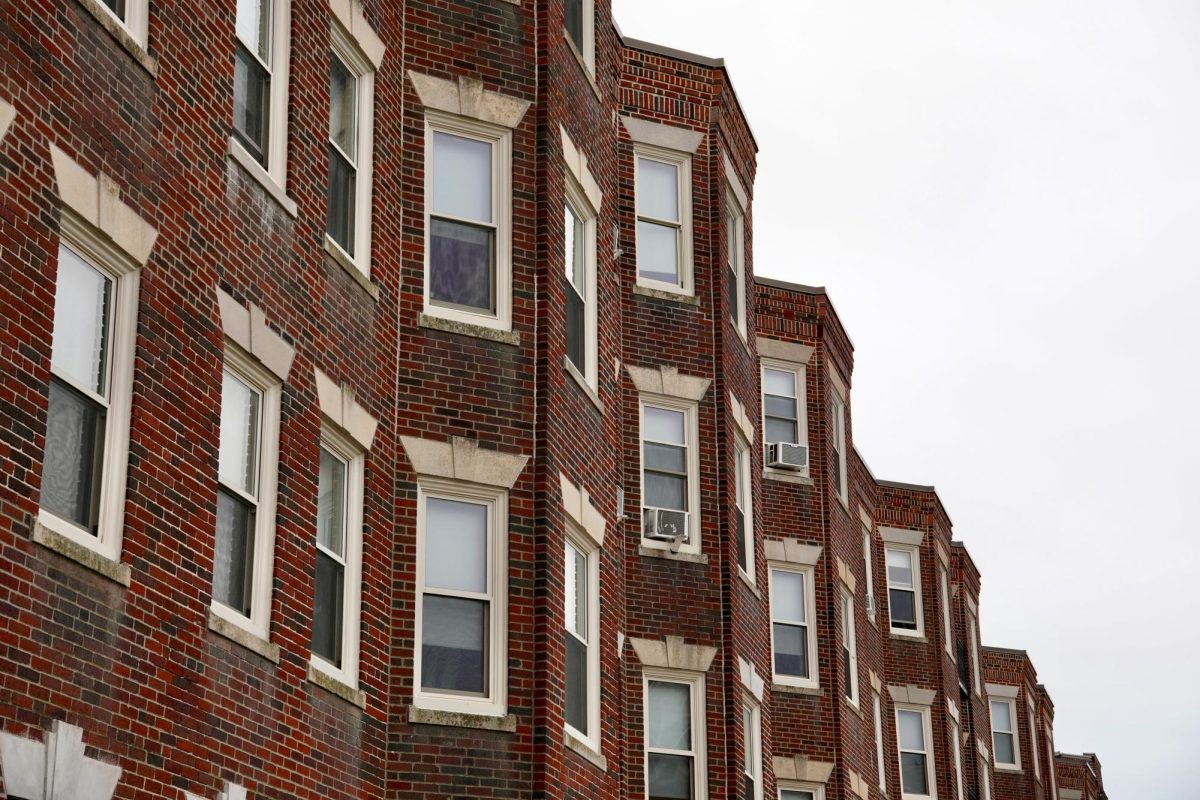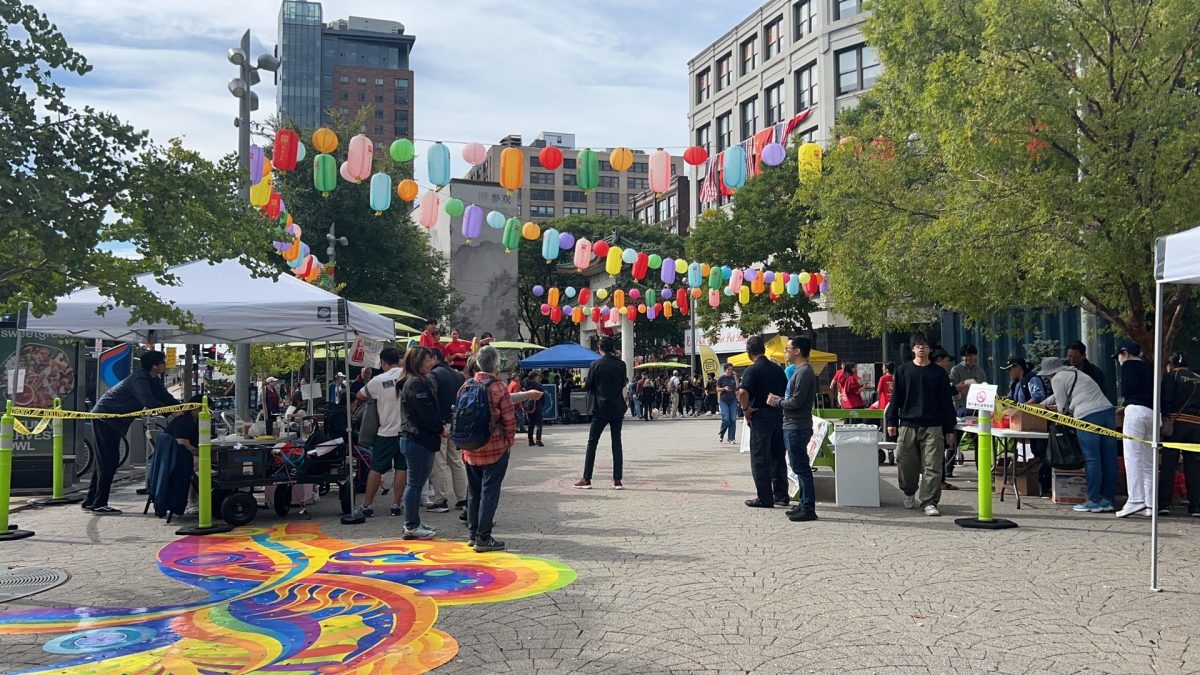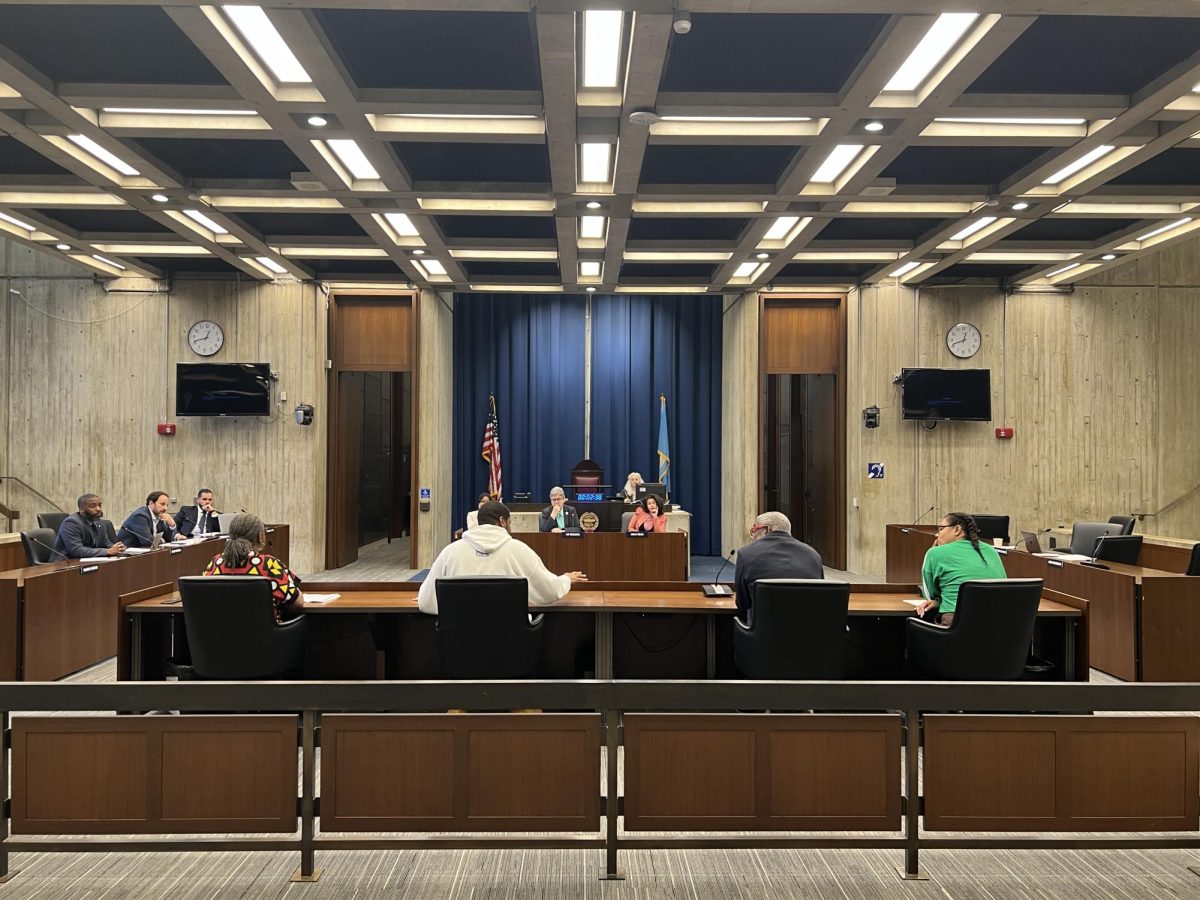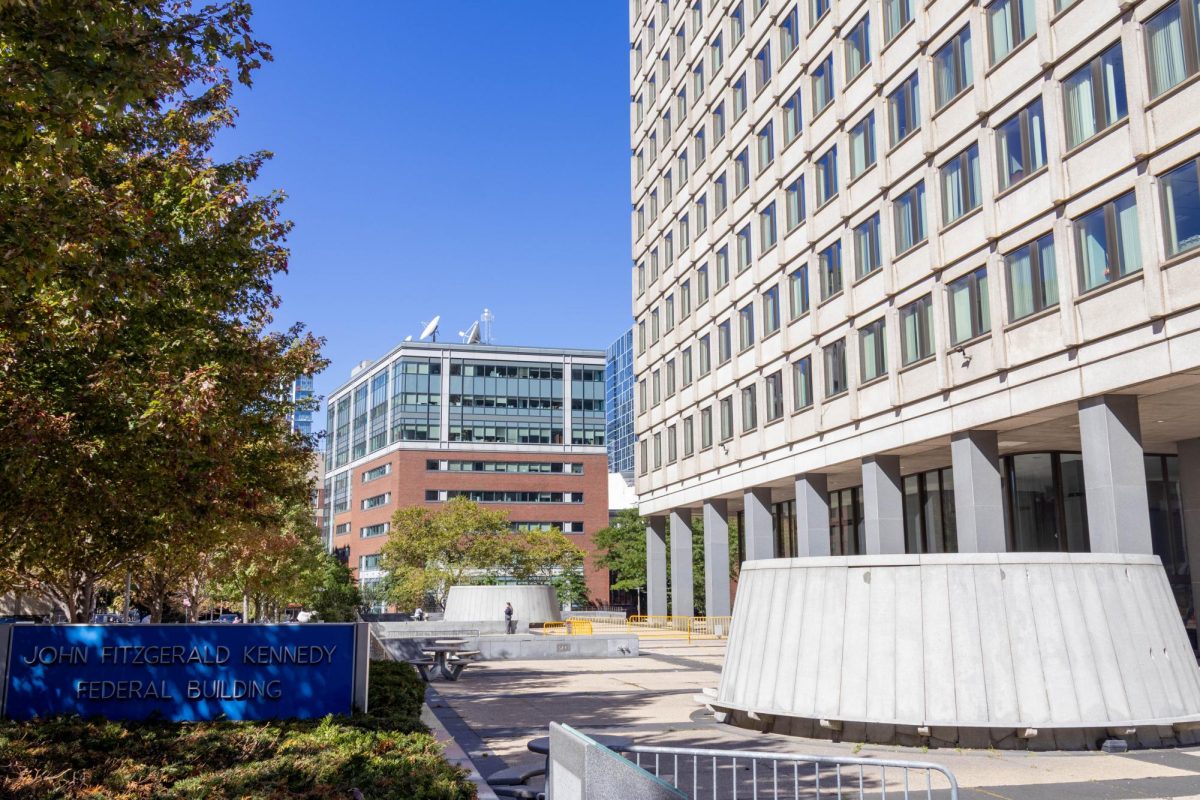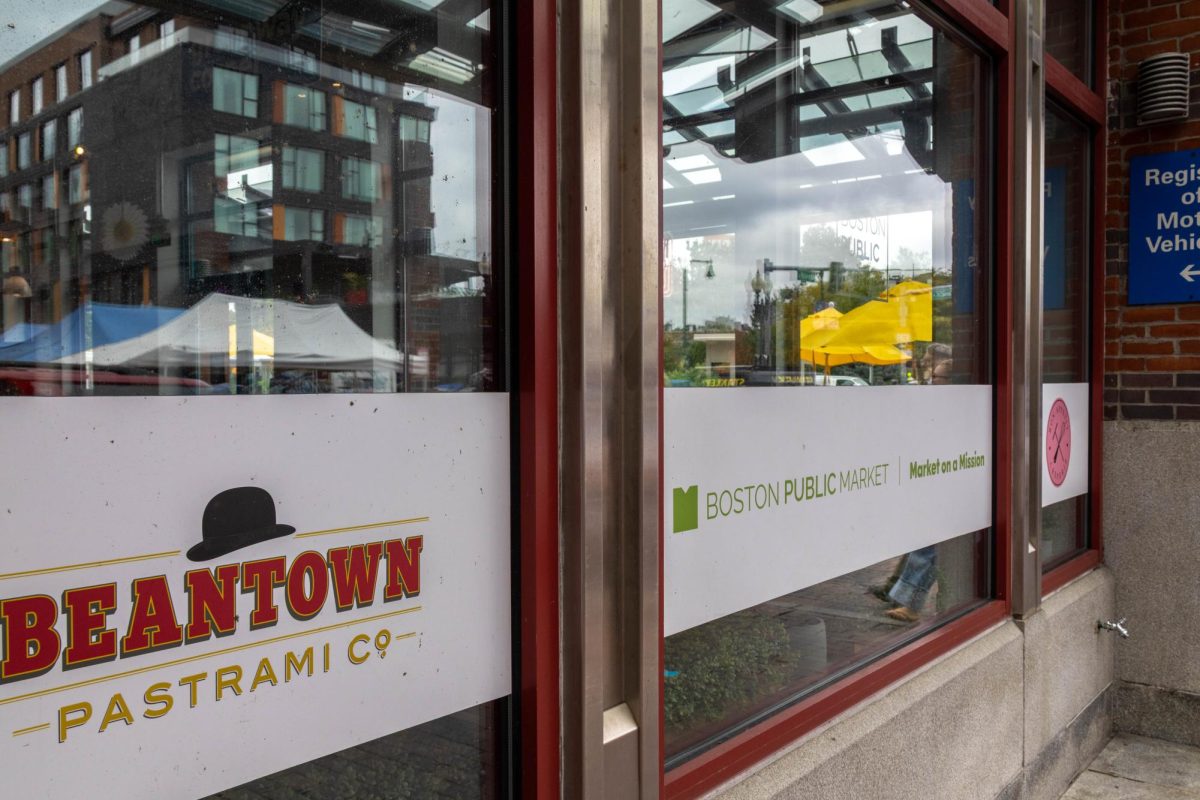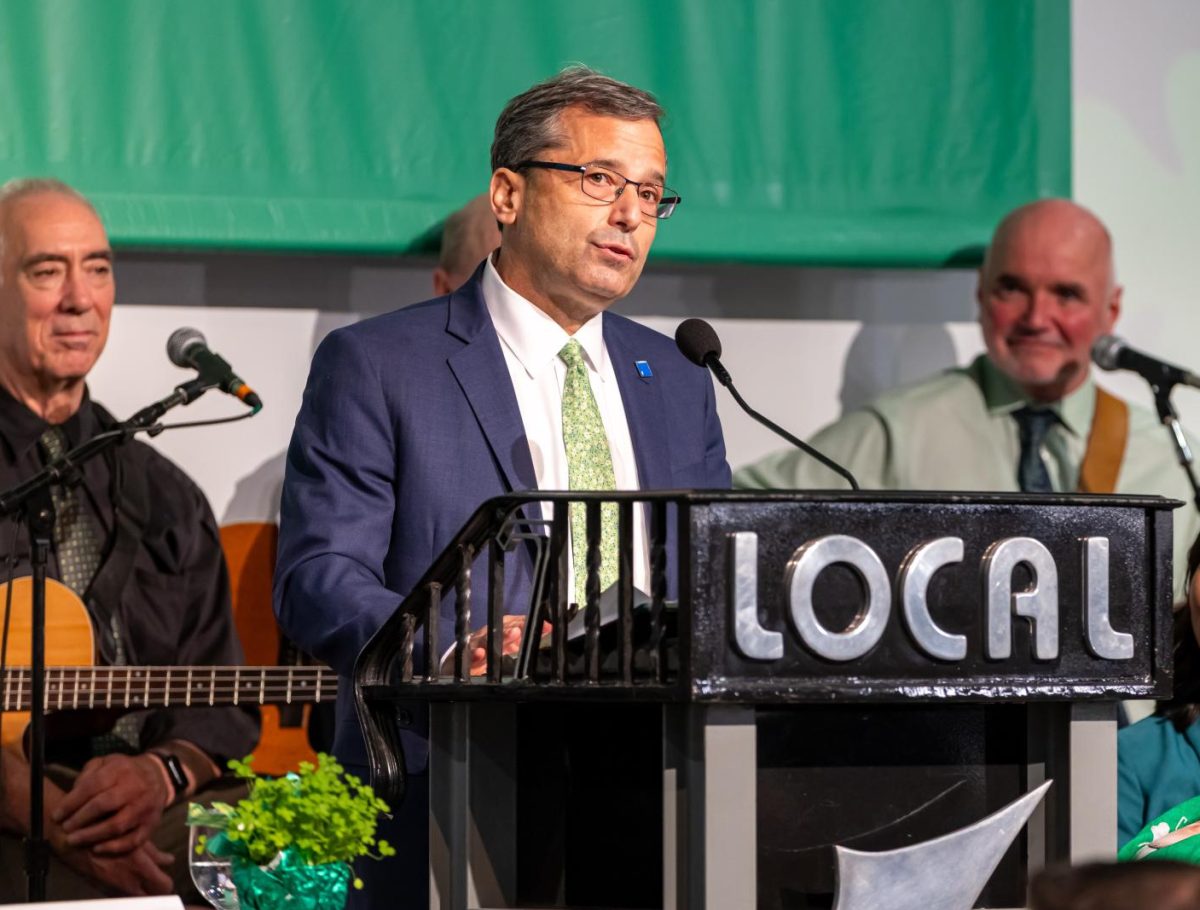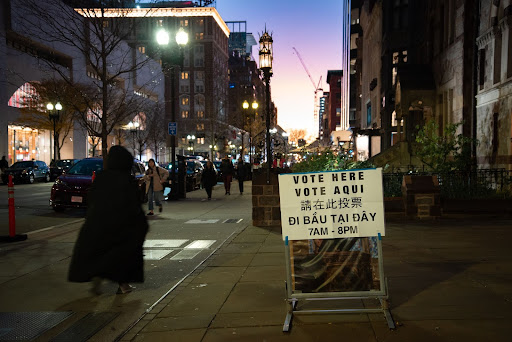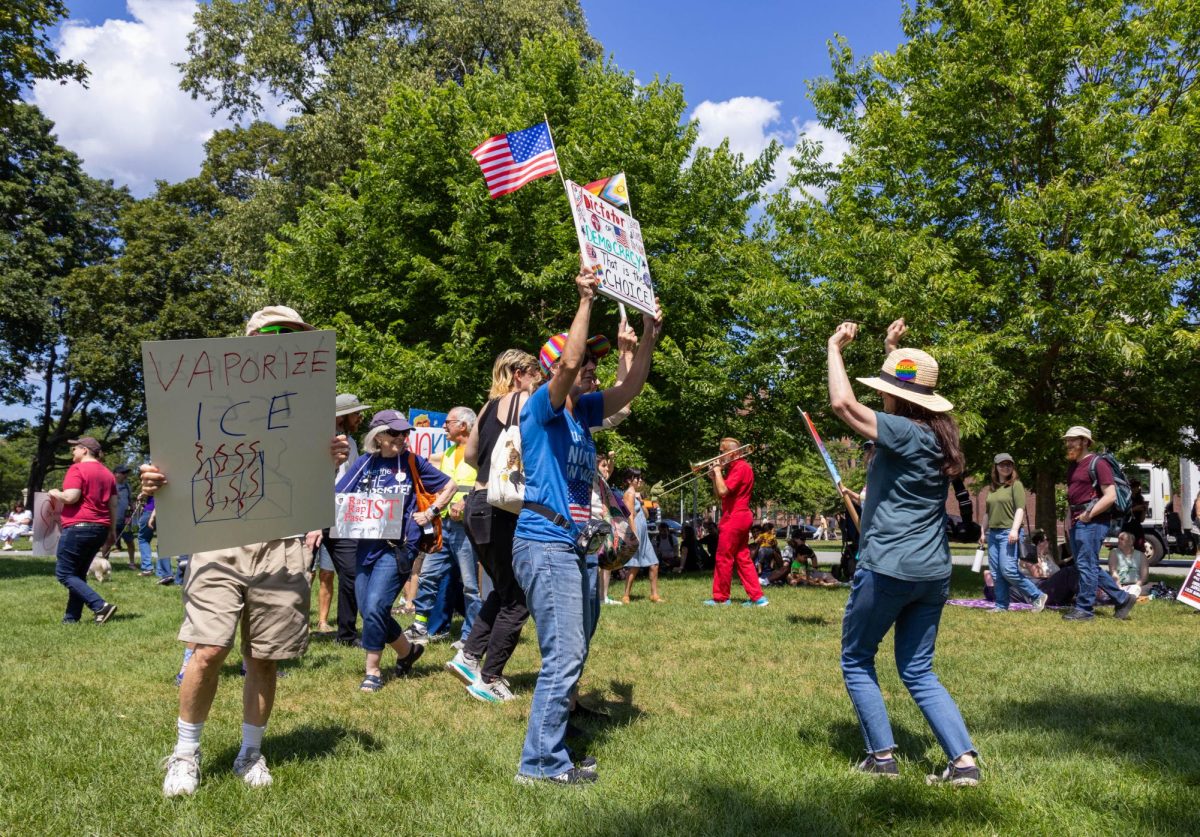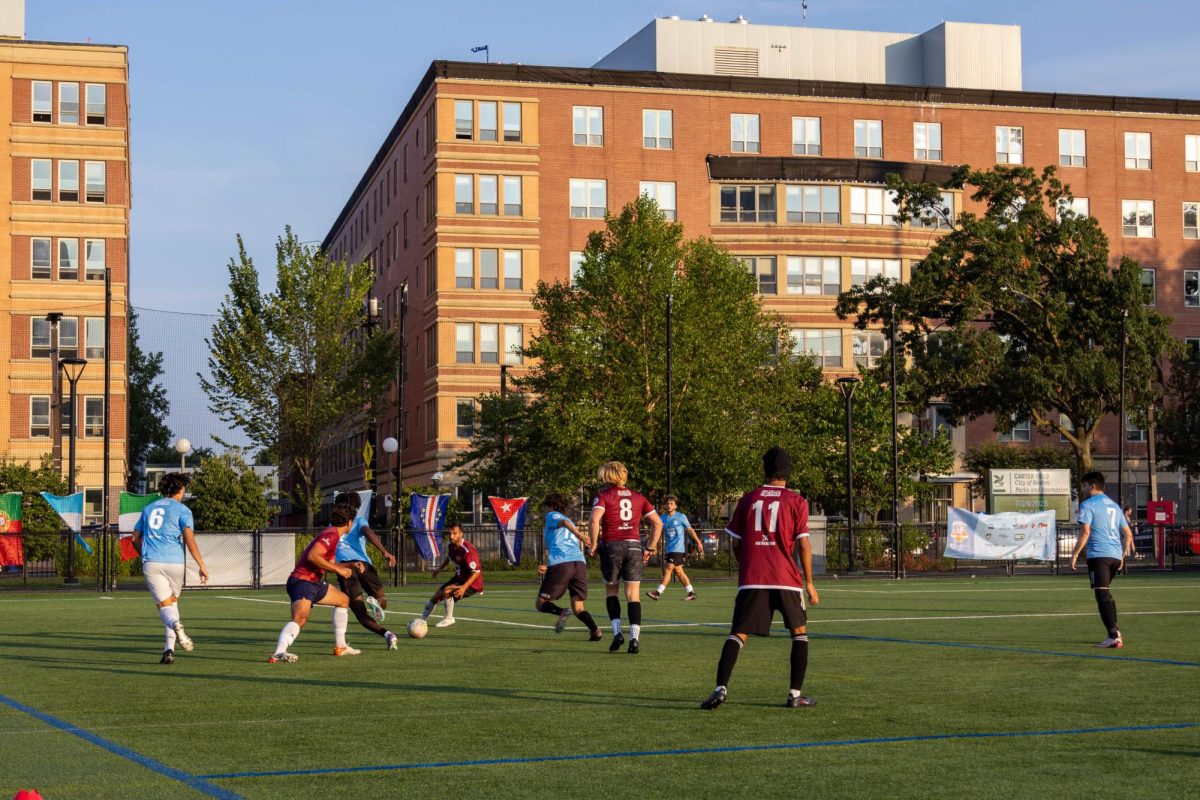Rent control was top of mind on Tuesday, May 20, when over 100 housing advocates convened outside Boston City Hall for a march to the Massachusetts State House. Similar events took place in 17 cities that day in a nationally coordinated effort by the housing affordability nonprofit Right to the City Alliance.
Mike Prokosch, 76, has lived in Dorchester for over 50 years and has been organizing around housing affordability for over a decade. He attended the protest because he’s tired of seeing neighbors “priced out, evicted, displaced.”
“[We need] to get rent control and other policies and programs to keep people in their homes,” he said.
While Boston rent increases are projected to slow this year and have cooled down since their post-pandemic volatility, the average rent in the city is still $3,400, around 15% higher than 2019. Similarly, Boston’s homelessness rates appear to have decreased from 2024 to 2025, a positive sign after years of post-pandemic increases, according to preliminary findings from the city’s 2025 annual homeless census. Yet according to reporting from Boston Indicators, the city’s homelessness rates are still considered high.
To address rent affordability, advocates have been pressuring both the city and state government to bring back rent control, which has been illegal in Massachusetts since the state banned the enforcement of it in 1994. Last month, Massachusetts State Sen. Pat Jehlen introduced a bill that would limit rent increases by 5% annually.
Charles Gyukeri, 67, who has lived in Dorchester for over a decade, said he was moved to attend to “wake up the greedy developers…who have no empathy for the people on the streets.”
Carolyn Chou, executive director of housing advocacy group Homes for All, said that the Greater Boston Real Estate Board was in part to blame for the housing crisis.
“Nearly a quarter of our residential properties sold are now purchased by investors,” Chou said. “We’re here to remind them that we are the movement and we’re fighting for a different future of housing.”
Opening remarks from speaker Mimi Ramos, executive director of the New England Community Project, acknowledged that the push for rent control is nothing new.
“We have been fighting for rent control for years,” she said. But “It is time that elected officials be held accountable,” she said.
“It is a fight for our life and a fight for our community,” she said.
Establishing rent control in Boston requires state approval. In March 2023, the Boston City Council submitted a Home Rule petition to the state legislature, which would allow them to get around the state-wide ban and implement rent control policies of their own. A spokesperson from the Mayor’s Office of Housing shared with The Scope over email that the city’s rent stabilization petition never made its way out of committee and that there was never a vote on it.
Tuesday’s protest also came at a time where the federal government has threatened to dramatically cut funding to affordable housing programs.
Representing the advocacy group Lynn United for Change, Isaac Simon Hodes spoke about the impact of those proposed cuts. He encouraged participants to say no to federal cuts while also fighting for and saying yes to local policies like rent control.
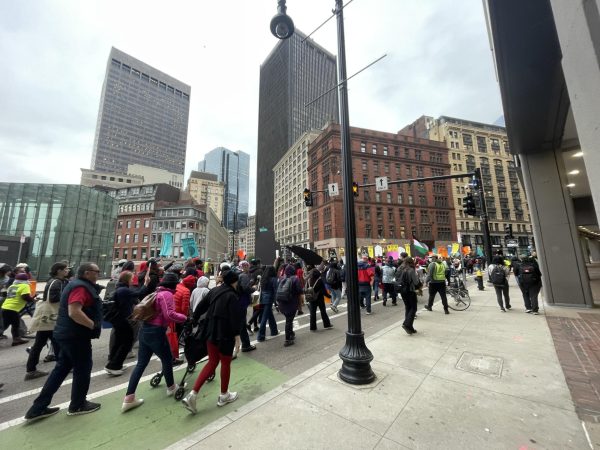
“We all need to reject Trump’s cuts,” said Hodes, and refuse “the underlying ideas that profit should come before people.”
After wrapping up at City Hall, protestors began their march to the state house to the steady rhythm of beating drums, carrying multicolored protest signs in English, Portuguese, Spanish and Chinese.
“It’s been decades since our legislators decided to not do anything about the rent increasing,” said East Boston resident and City Life/Vida Urbana organizer Gabriela Cartagena.
“It’s just so beautiful to see the community members who are directly impacted by rent increases and evictions coming together to fight for what we need.”


